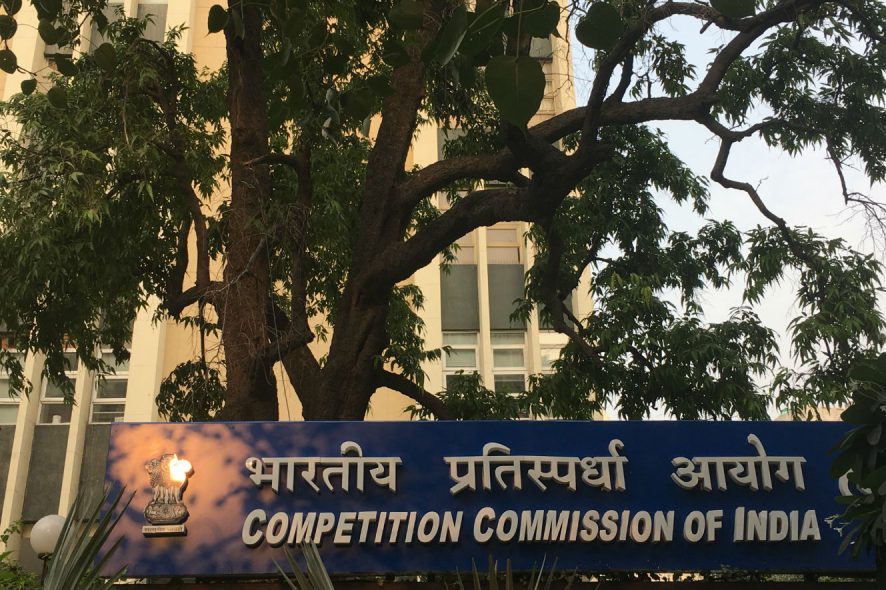Competition Commission of India: The Commission recently dealt with an application that was filed by the Association of Registration Plates Manufacturers of India, under Section 19(1)(a) of the Competition Act, seeking information against the respondents collectively, alleging them of having contravened the provisions of the Act. The informants sought investigation into the anti-competitive manner that was being done through cartelisation of implementation of a mandatory “High Security Registration Plates” (HSRP) Policy in various States by the respondents. The informants had previously filed several cases in the High Courts for larger interest of competition and public interest for the implementation of the aforementioned policy. The HSRP Policy was promulgated in 2001 following Parliament attack and the objective behind it was to control the usage of counterfeit registration plates over vehicles. The respondents had got their companies type- approved on 3 consecutive days in the same year.
The applicant pointed out that the Supreme Court had held in Association of Registration Plates v. Union of India, (2005) 1 SCC 679 that the State shall have the power to select a certain manufacturer through notice inviting tender (NIT) and can impose tender conditions for the purposes of manufacturing, supplying or selling of HSRP. He argued that the conditions upon which the tender was issued was such that it proved cartelization amongst the respondent companies had taken place as the rates quoted by them were so high that it could only be secured if there did not exist any competition in the selection process. This was done by seeking assistance from officials of the Transport Department in creating a “tailor-made pre-eligibility criteria”. But when non-manipulated NITs were issued in other states, since the respondent companies could not control the market in those states, the HSRP rates saw a fall in them in such states. This acted as an impetus for the respondent companies to lower their own rates to unreasonably lower prices so as to again be able to eliminate competition.
The Commission held that a careful consideration of the facts of the case ruled out a specific case of bid rigging in any State post relaxation of norms since many previous contracts that the respondent companies had secured were cancelled subsequently and other companies formed contracts instead of the ones in question. The Court mentioned that this could at best be called a case wherein misconduct by public officials had taken place since they connived with the bidding entities. But it went on to acknowledge that CBI had already begun proceedings in that regard and hence, the Commission didn’t need to look into that matter any longer. [Association of Registration Plates Manufacturers of India v. Shimnit UTSCH India Private Limited; Case No. 58 of 2017, decided on 14.11.2017]


